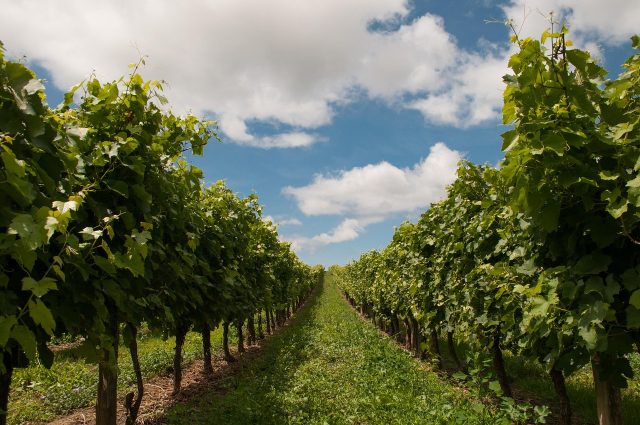
European agriculture currently faces a structural challenge that risks compromising the sector’s long-term sustainability: the aging of the farming population. With an average age of 57 and young people under 40 accounting for only 12% of the total, production continuity and innovation in the agricultural sector appear increasingly at risk. In this context, the European Union’s new strategy for generational renewal represents not only a set of operational measures, but a true test of the EU’s ability to secure the future of its countryside. The stated objective—doubling the percentage of young farmers to 24% by 2040 and allocating at least 6% of agricultural spending to younger generations—marks a turning point in the way Brussels approaches the sector’s sustainability. However, for this initiative to not remain an isolated intervention, it must translate into a structural change in European agricultural policies capable of truly impacting the lives of young people and the socioeconomic dynamics of rural areas.
THE LEVERS OF CHANGE: ACCESS TO LAND, CREDIT AND TRAINING
The European plan identifies five key strategic axes: access to land, adequate financial instruments, training and skills, living conditions in rural areas and support for generational succession. These are essential pillars for building an ecosystem conducive to the renewal of the agricultural sector. The introduction of a “starter pack” of up to €300,000 for new farmers represents a concrete step towards reducing entry barriers, which are often insurmountable for young people wishing to start a farming business. At the same time, collaboration with the European Investment Bank can facilitate access to credit, while the creation of a European Land Observatory aims to make the land market more transparent and sustainable, combating speculation and facilitating the transfer of holdings. Added to this is the development of skills through programs such as Erasmus for Young Entrepreneurs, which enable students to learn about innovative and sustainable production models in other European countries. This integrated approach recognizes that the agriculture of the future requires not only financial resources, but also qualified human capital and the capacity for innovation.
YOUTH AND RURAL AREAS: A COMBINATION IN NEED OF REBUILDING
To ensure real renewal, support for young people must go beyond the economic dimension, including a broader vision of living conditions in the countryside. Europe’s rural areas, often affected by depopulation, lack of services and infrastructural isolation, require cohesion policies that ensure equal opportunities compared to urban contexts. The European plan includes measures to improve the social and professional well-being of farmers, such as co-financing replacement services during illness or vacation, aimed at promoting a better work-life balance. These initiatives are essential to making agriculture an attractive activity and compatible with the needs of new generations. Supporting young people means not only incentivizing productivity, but also promoting a new vision of the countryside as a place for life, innovation and community participation. Agricultural policies must therefore be integrated with those for rural development, digitalization and the ecological transition, creating a dynamic and sustainable model of rurality.
FROM INTENTIONS TO ACTIONS: THE CHALLENGE OF POLICY COHERENCE
The success of this strategy will largely depend on the Member States’ ability to translate European guidelines into concrete national actions. The call to allocate at least 6% of agricultural spending to generational renewal represents a significant commitment, but the real challenge will be ensuring that these funds are used effectively and in a coordinated manner. The plan must not be reduced to a one-off initiative, limited to a single policy cycle or CAP programming phase. To have a lasting impact, it must be embedded in a long-term perspective based on multilevel governance and constant monitoring of results. The tools deployed must be accompanied by accompanying policies, ongoing training, technical assistance and support for digitalization.
YOUNG FARMERS AS GUARANTEES OF EUROPE’S SUSTAINABLE FUTURE
Investing in the next generation is not only an act of intergenerational justice, but also a prerequisite for the resilience of the entire European agricultural system. Young farmers are champions of innovation, greater environmental awareness and an entrepreneurial approach open to business diversification. They represent the key to reconciling productivity, sustainability and food security, while also ensuring the protection of rural areas and communities. The European strategy for generational renewal can, therefore, represent the beginning of a real turning point, provided it is supported with coherence, adequate resources and a shared vision between European and national institutions. Only in this way can European agriculture once again become a driver of development, innovation and social cohesion, ensuring a vibrant future for the countryside and its people. Support for young farmers should not be interpreted as a sectoral intervention, but as a strategic choice for the future of Europe. It’s time to move from declarations of principle to concrete implementation, truly placing the younger generations at the centre of agricultural and rural policies. Only in this way can the Union ensure the continuity, sustainability and prosperity of its most precious asset: the land and those who cultivate it.



 Subscribe
Subscribe